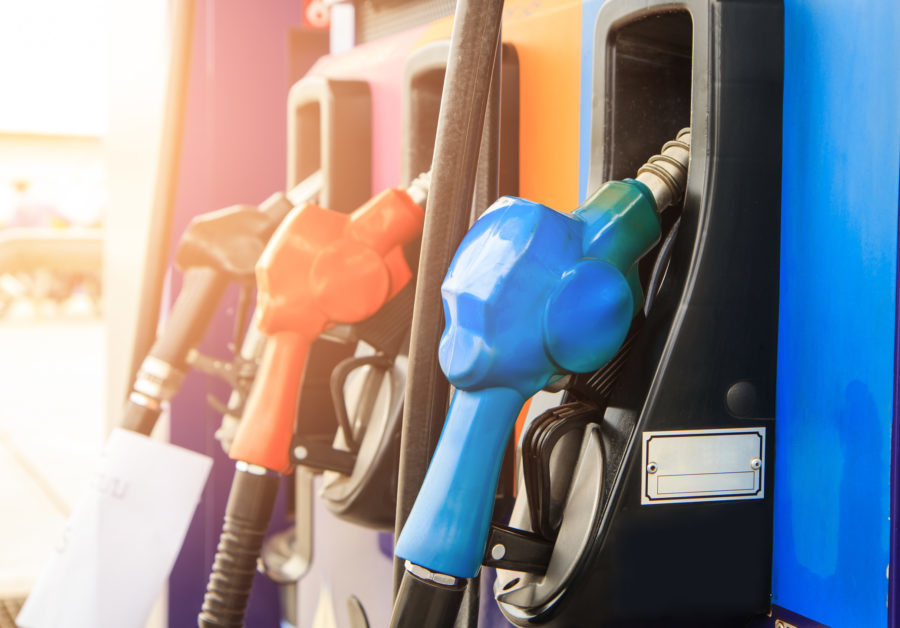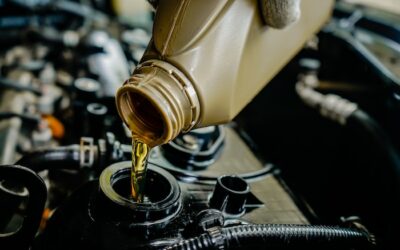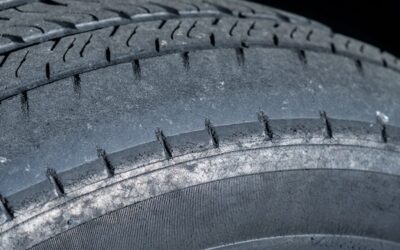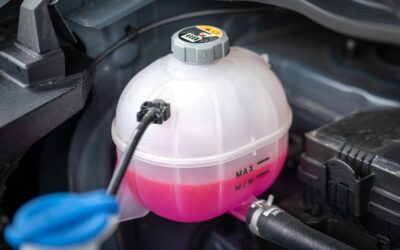Car ownership can be expensive. While there are some costs that can’t be changed, for example tax, by following these 9 fuel saving tips, you can save fuel and save money.

Check the tyre pressure regularly
Under-inflated tyres have more contact with the road, and therefore a higher resistance, which reduces fuel economy. Over time, the pressure in your tyres will go down, so make sure you check your tyre pressures on a monthly basis, as well as before any long journeys, or if you think they are starting to look a bit flat. Your car manual will show the correct pressures for your car – not only do they vary from vehicle to vehicle; they can vary from front to back too.
Remove excess weight from the boot
The heavier your car, the more energy it takes to make it move. If you have a habit of using your boot as a mobile wardrobe, or even worse as a cupboard for heavier tools and equipment (like a snow shovel in July), it’s time to have a good clear out. Of course, don’t remove everything! You’ll want to keep some things in your car in case of an accident or emergency. Try these 10 things to keep in your car for emergencies.
Don’t drive round with a full tank of fuel
A full tank of fuel adds weight to your car. While it is essential to make sure you have enough for your journey, if, like most of us, your typical journeys are short, and you regularly pass petrol stations, there is no need to fill it to the top each time you visit the pump.
Change your oil regularly
Oil lubricates your engine, keeping it running. If you only top up your oil, rather than replace it, you will find that over time, bits of dirt will make their way into your oil, which will increase the resistance on the moving parts in your engine. Extra resistance means extra fuel is required to keep your engine going, so changing your oil regularly will help you save fuel.
Plan your journey ahead
There are some journeys, such as commuting to work or college that have to be taken at a certain time. If you are planning a shopping trip, or night out to the cinema, try and avoid travelling at peak times. Stop-start traffic is notorious for using up fuel, so try to avoid it where you can.
Read the road ahead
Accelerating uses up fuel. If you can see a queue of traffic up ahead, rather than accelerating towards it and hitting the brakes once you are about to join the back of the queue, anticipate what’s up ahead and ease off the throttle early.
Don’t accelerate too quickly
The lower the gear you are in, the more fuel it will save to drive at any given speed. If you accelerate quickly in the low gears, rather than gradually increasing your speed, steadily going up through the gears as you do so, you will use a lot more fuel.
Turn the air conditioning off
Air conditioning is notorious for burning through fuel. Of course, if it is a particularly hot or cold day, you might want to leave it on for your own comfort, but there is no need to keep it on at all times.
Reduce your drag
Cars are designed with aerodynamics in mind. By opening windows, or fitting roof boxes and bike racks, you are reducing the aerodynamic efficiency and increasing drag. The more drag, the higher your fuel consumption will be, so remove these items when not in use.
If you want to save your pennies, the car you drive will also make a huge difference to your fuel consumption. A new car will usually be more energy efficient, but if it’s money you’re looking at, new cars can be more expensive. If you’re thinking of buying a new car, try our Guide to Buying a Car: New vs. Nearly New vs. Used to compare the pros and cons of each.



